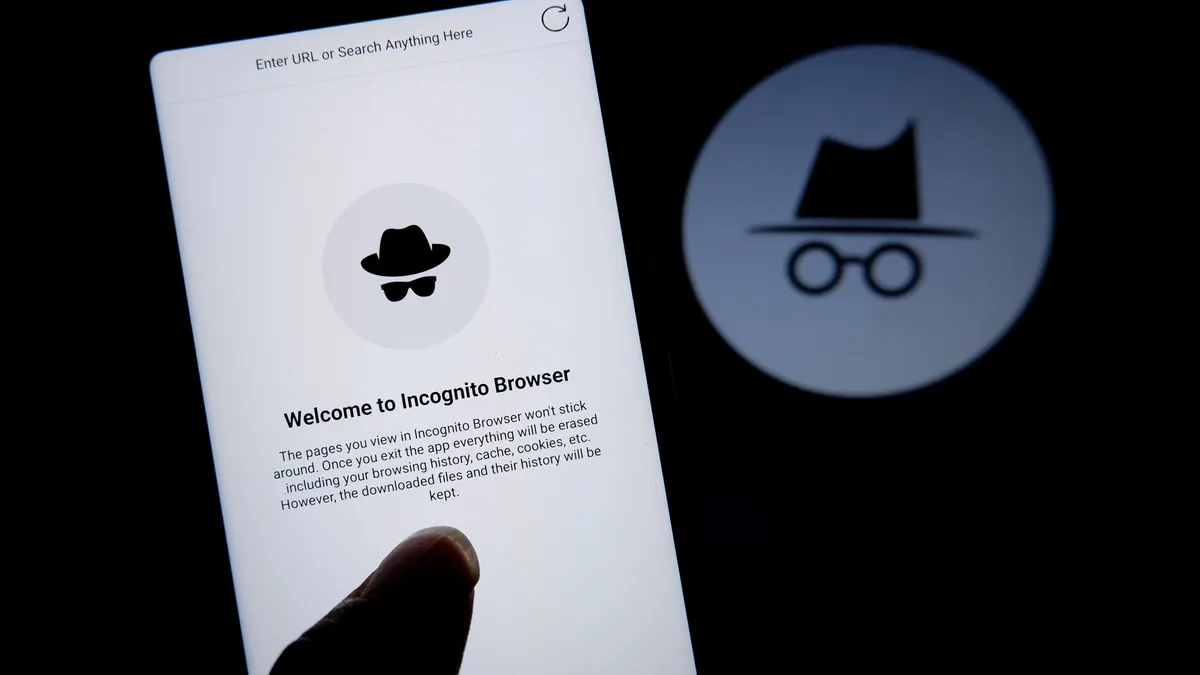Google has signaled its readiness to settle a class-action lawsuit filed in 2020 concerning its Chrome browser’s Incognito mode.
Originating in the Northern District of California, the lawsuit alleged that Google continued to “track, collect, and identify [users’] browsing data in real time” even when users were operating in Incognito mode.
The suit, brought by Florida resident William Byatt and California residents Chasom Brown and Maria Nguyen, accused Google of breaching wiretap laws.
It also claimed that websites using Google Analytics or Ad Manager were gathering information from users in Incognito mode, including web page content, device data, and IP addresses.
Additionally, the plaintiffs alleged that Google was linking users’ private browsing activity to their existing profiles.

Google initially sought to have the lawsuit dismissed by referencing the warning shown when users activate Chrome’s Incognito mode. This warning states that users’ activity “might still be visible to websites you visit.”
In August, Judge Yvonne Gonzalez Rogers denied Google’s motion for summary judgment, highlighting that Google had not informed users that data collection persisted even during private browsing.
“Google’s motion is based on the notion that plaintiffs consented to Google collecting their data while they were in private mode,” Rogers ruled.
“Since Google never explicitly informed users of this practice, the Court cannot determine as a matter of law that users consented to the data collection in question.”
As of Tuesday’s notice, Google and the plaintiffs have reached an agreement that will lead to the dismissal of the litigation. This agreement will be submitted to the court by the end of January, with final approval expected by the end of February.







Leave a Reply